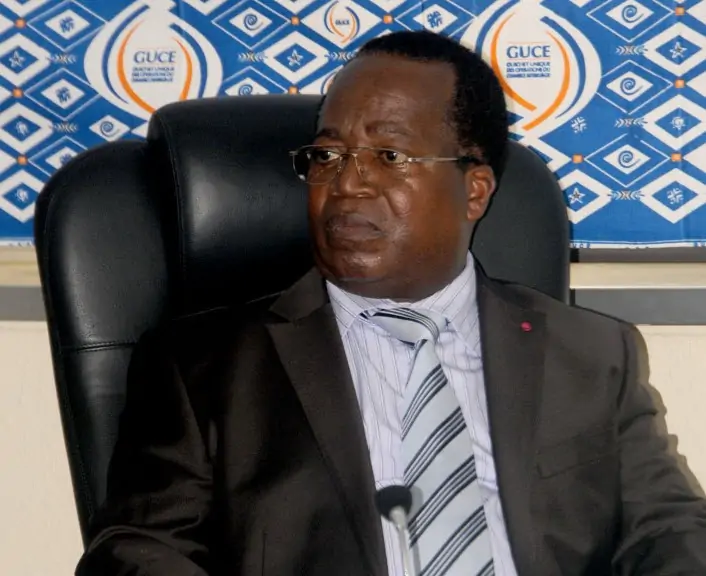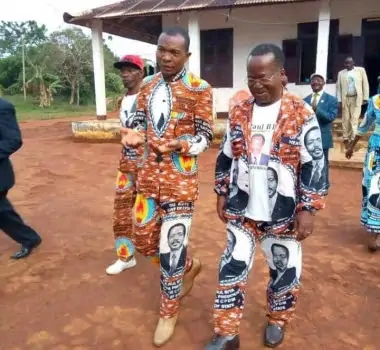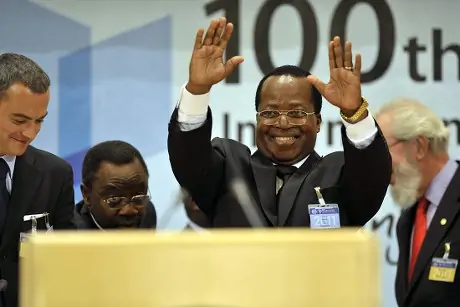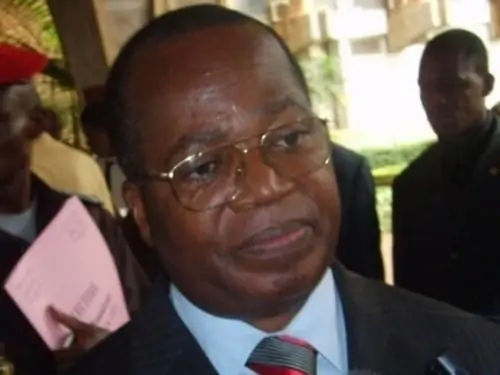As Cameroon navigates its uncertain political future, one name stands out: Robert Nkili. Nkili’s prominence arises from his extensive career in public service as well as his close family connections to the nation’s longstanding president, Paul Biya. Nkili, as Biya’s brother-in-law, has been deeply embedded in the nation’s political discourse, exercising influence. With the future of Cameroon in balance, we look at Nkili’s political journey, the benefits and controversies associated with his family ties, and the implications of his ascent.
Family Ties: Political Advantage or Nepotism?
Nkili’s connection to President Biya has served as both a benefit and a drawback during his career. Biya’s marriage to his late elder sister, Jeanne-Irène Biya, granted him access to power, aiding his ascent to significant government roles, such as Minister of Labour and Social Security (2002-2011) and Minister of Transport (2011-2015). His recent appointment as senator in 2023 solidifies his influence in the country’s political landscape.
Nonetheless, Nkili’s strong connection with Biya has often led to allegations of favouritism. Critics contend that his appointments rely more on familial ties than on qualifications, prompting worries about equity within Cameroon’s political framework. For many, his rise in politics illustrates a wider concern regarding oligarchic governance, where power is granted based on allegiance and personal connections instead of merit.
Scandals and Criticism: Nkili’s Troubled Ministerial Career
Controversy has marked Nkili’s political career. He faced significant challenges during his tenure as Minister of Transport, especially with the acquisition of two MA-60 aircraft for Cameroon’s national airline, Camair-Co. Public outrage sparked over claims of financial mismanagement and insufficient transparency in the procurement process, holding Nkili responsible for the project’s shortcomings.

Nkili’s leadership showed notable operational inefficiencies in the transport sector. Poor maintenance of the roads and inadequate public transport systems obstruct economic activities and frustrate the daily lives of many Cameroonians. Numerous accidents in both the air and on the road raised serious questions about regulatory oversight and enforcement, highlighting safety concerns as a significant issue.
Public confidence in Nkili’s abilities further diminished due to his shortcomings, especially since many perceived his ascent as a result of nepotism. Many viewed his tenure as indicative of the wider dysfunction in the Biya administration, marked by a lack of accountability and governance that often felt out of touch with the needs of the populace.
Political Succession and Stability: The Biya Connection
Nkili’s relationship with the Biya family has greatly shaped his career and placed him at the centre of discussions about political succession. As speculation about President Biya’s health and Cameroon’s future leadership intensifies, observers increasingly see Nkili as a potential candidate for any transitional government. Many view his senatorial appointment in 2023 as a calculated effort to maintain the ruling party’s internal unity and brace for possible changes in the nation’s political environment.
This raises concerns about a potential dynastic succession in Cameroon, where a small group of Biya loyalists continues to tightly hold political authority.Critics are concerned that this scenario could weaken democratic processes and lead to political instability. Opposition leaders contend that maintaining Biya’s legacy, whether via Nkili or another family affiliate, would merely exacerbate the nation’s political troubles.
Public Perception: Trust and Scepticism
Public scepticism surrounding Nkili’s career is inextricably linked to his close ties to the Biya family. A significant number of Cameroonians perceive him as someone who has gained from political favouritism instead of being a leader who achieved his position through skill and dedication. His controversial tenure in government, especially as Minister of Transport, reinforced negative perceptions of his leadership.

Nkili’s management of essential government duties, especially the unsuccessful MA-60 aircraft procurement and the deteriorating transport infrastructure during his tenure, resulted in considerable public disillusionment. The controversies surrounding him have created challenges in overcoming the belief that his political influence arises more from family ties than from his own abilities.
Nkili’s Role in Cameroon’s Future
Robert Nkili’s political career showcases the complex nature of governance in Cameroon, where personal connections often overshadow qualifications in political appointments. His contributions to the labour and transport sectors made a significant impact, but claims of mismanagement and inefficiency overshadow his time in office. The nation faces an unpredictable political future as speculation surrounds President Biya’s declining health, and Nkili’s ongoing influence will undoubtedly shape the political landscape.

Nkili’s rise sparks important questions about the future of democracy in Cameroon. Will a select few connected to the ruling family continue to govern the nation, or will fresh leaders emerge to rebuild public confidence and guide the country towards enhanced accountability and inclusivity?
Robert Nkili’s career illustrates the difficulties in a governance system where power often shifts through family ties. This shows that Cameroon’s political landscape remains under the strong influence of its most dominant family.



